Explore the Best AI Image Gallery
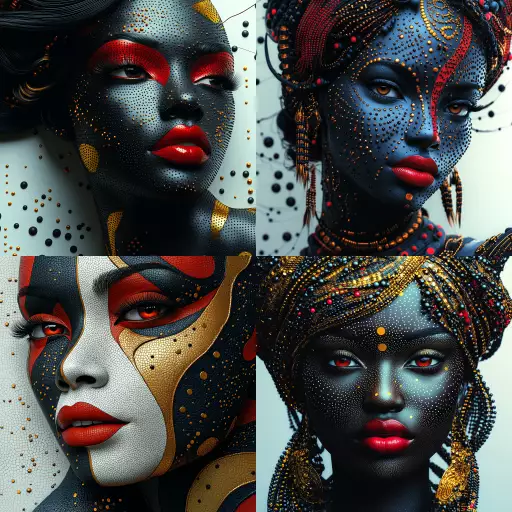
Quantum Leap: How Quantum Computing Is Reshaping the Creative Landscape
The realm of creativity has always been intertwined with innovation. From the invention of the brush to the advent of digital tools, technology has consistently pushed the boundaries of artistic expression. Now, on the cusp of a new era, quantum computing stands poised to revolutionize the creative landscape in ways we are only beginning to fathom.
Quantum computers, leveraging the principles of superposition and entanglement, possess an unparalleled ability to process information. This opens up a world of possibilities for creatives, empowering them with tools to explore uncharted territories and redefine artistic boundaries.
Design Reimagined
Imagine designing products and experiences at a level of granularity previously unimaginable. Quantum algorithms can analyze vast datasets of consumer behavior, preferences, and trends, enabling designers to create truly personalized and intuitive experiences. From fashion to architecture, quantum computing can optimize designs for both aesthetics and functionality, ushering in a new era of bespoke creations.
Unlocking Artistic Expression
For artists, quantum computing presents a canvas of infinite possibilities. AI-powered tools fueled by quantum algorithms can generate novel artwork, music compositions, and even interactive installations. Artists can collaborate with these intelligent systems to push the boundaries of their creative vision, exploring abstract concepts and unconventional forms.
The Power of Simulation
Quantum simulations offer a glimpse into realms beyond our physical reality. Artists and designers can leverage these simulations to create immersive experiences that blur the lines between the virtual and the tangible. From interactive narratives to fantastical landscapes, quantum computing allows for the creation of truly groundbreaking artistic expressions.
Ethical Considerations
As with any powerful technology, the advent of quantum computing in the creative industry raises important ethical considerations. The potential for AI-generated content to be indistinguishable from human creations raises questions about authorship and originality. Ensuring transparency and accountability in the development and deployment of quantum-powered tools is crucial to maintain ethical standards.
Future Trends
- Quantum-Assisted Creativity: Quantum algorithms will augment human creativity, enabling artists and designers to explore new ideas and concepts with unprecedented speed and efficiency.
- Personalized Artistic Experiences: Quantum computing will power highly personalized artistic experiences, tailoring content and interactions to individual preferences and emotions.
- The Metaverse Revolution: Quantum-powered simulations will create immersive and interactive virtual worlds, transforming the way we experience art and entertainment.
- Quantum Art Markets: New marketplaces will emerge for quantum-generated art, blurring the lines between digital and physical ownership.
The integration of quantum computing into the creative industry is still in its nascent stages, but its potential is undeniable. As this technology continues to evolve, we can expect to witness a seismic shift in how we create, experience, and interact with art and design.

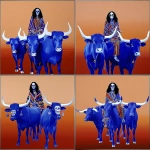

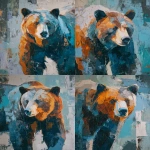
](https://images.ai-img.art/thumbnails/150/da1b96f086142e5b963b45e87850f2e54052e64b2547b953d6e672f857c70983.webp)
](https://images.ai-img.art/thumbnails/150/99bc047573dec087a846aea7d8f25f25730d536ef310ffb53d5c5f6cefe1bfac.webp)
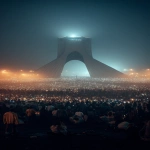
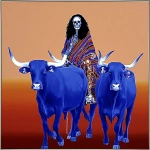

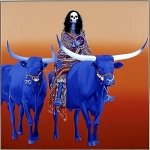


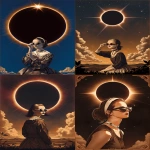






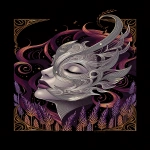

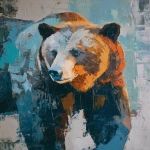
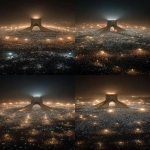
](https://images.ai-img.art/thumbnails/150/00b290d796713140a96e0c6ea47c6b48fce685ce0f6e88d13aeff0efddff3ef6.webp)


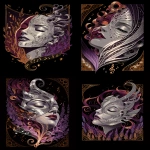
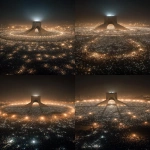


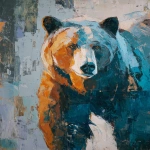
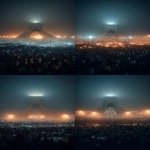

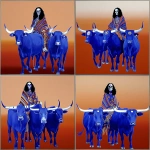

](https://images.ai-img.art/thumbnails/150/3f66200b1a7d200e2d5ec57b1ba9396c53f6a5adf00b12228e92ef33a127a643.webp)
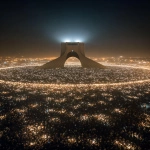
](https://images.ai-img.art/thumbnails/150/bf53be60bd2c95796a62f14ffd83fb6e77f5bacfc837720b1a939a80512ff33a.webp)
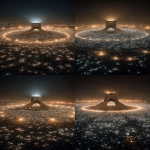
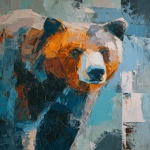

](https://images.ai-img.art/thumbnails/150/f5e636d5279cb83e912f9a07dfb31df83d56c73c2ff738d2e2b2291c46d75099.webp)




](https://images.ai-img.art/thumbnails/150/49b2045656114485ebab918ddb6e08f966bcfa29c558162f03aa9cfb3b4db753.webp)
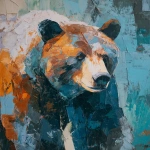
](https://images.ai-img.art/thumbnails/150/d4f221f590fe8f7bc904116c913ac3c968fc54e2f7d16be1ed4e4eee38106398.webp)
